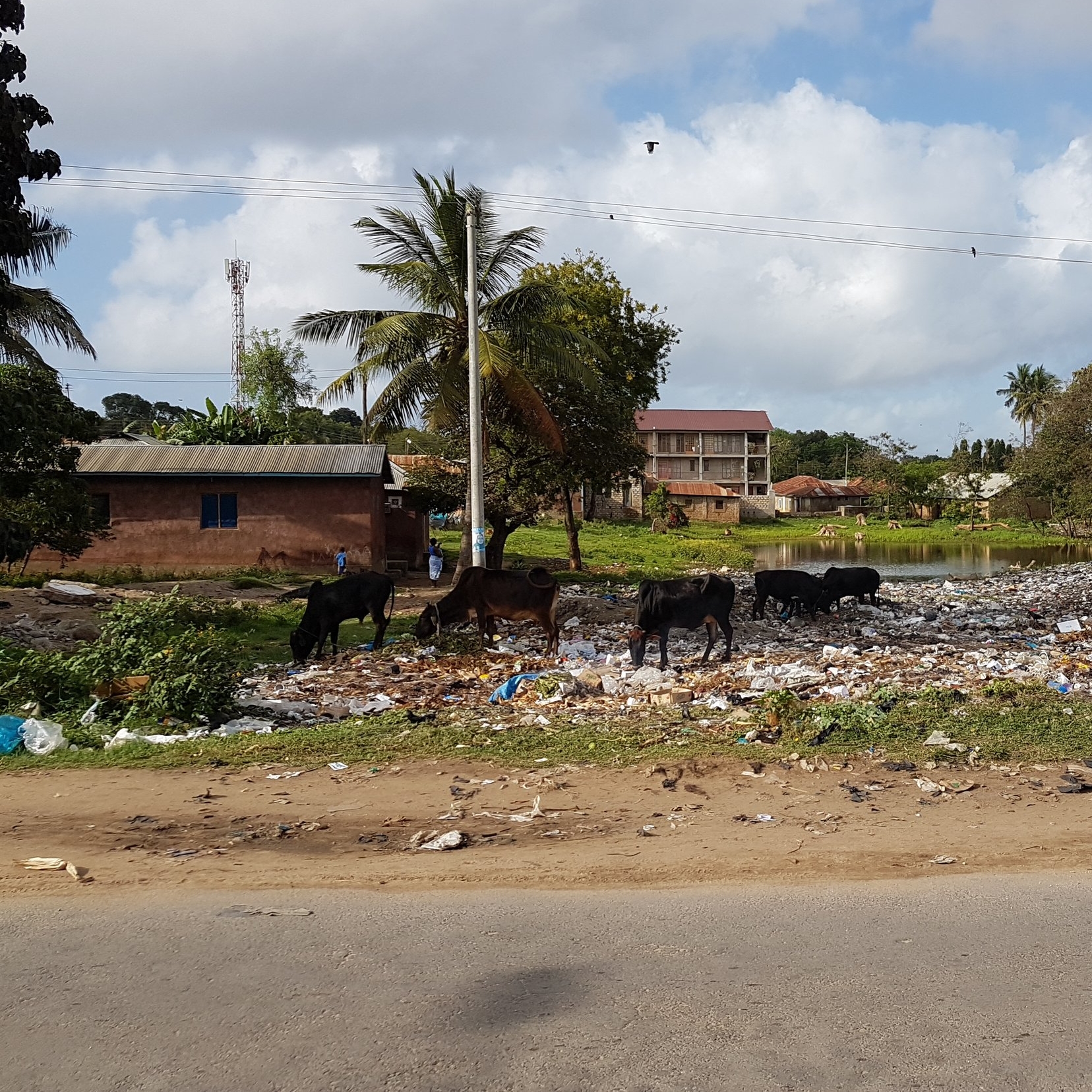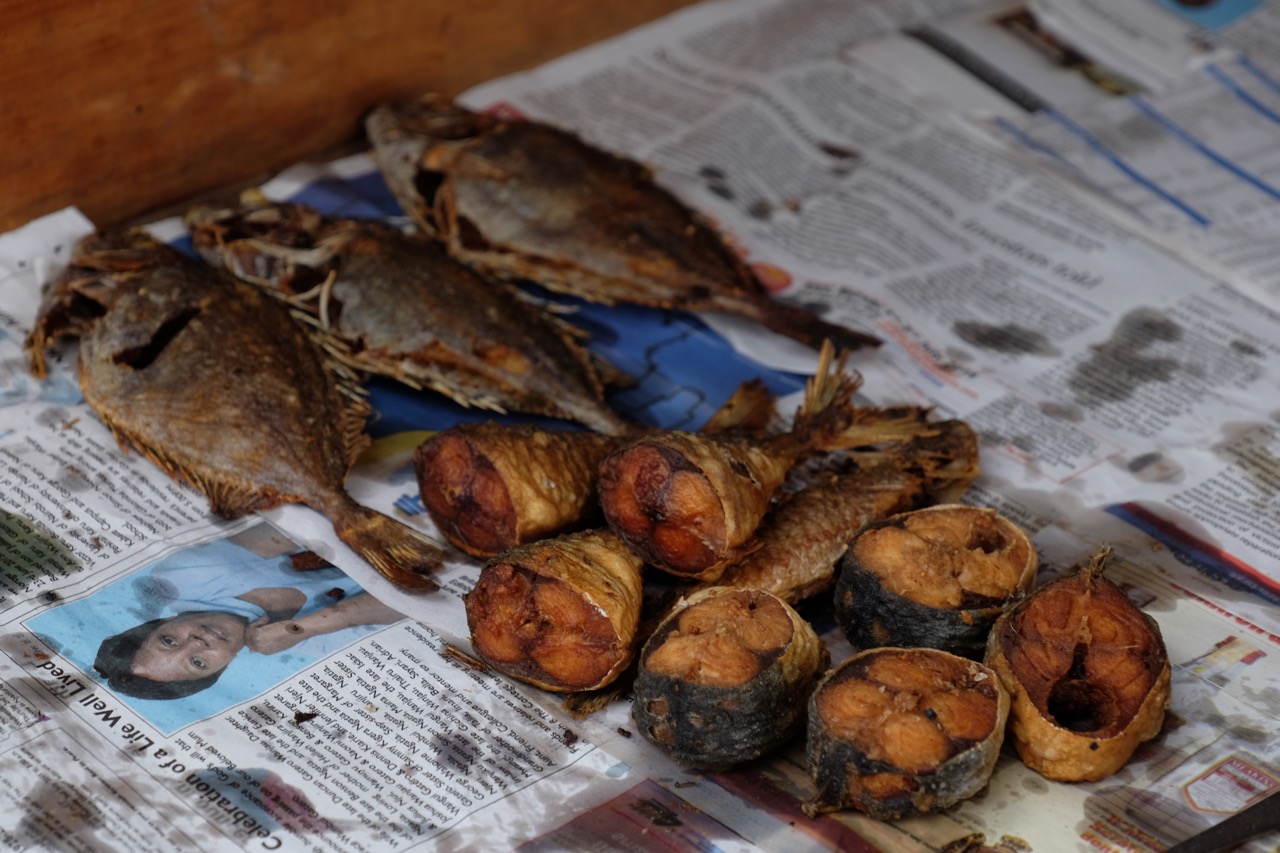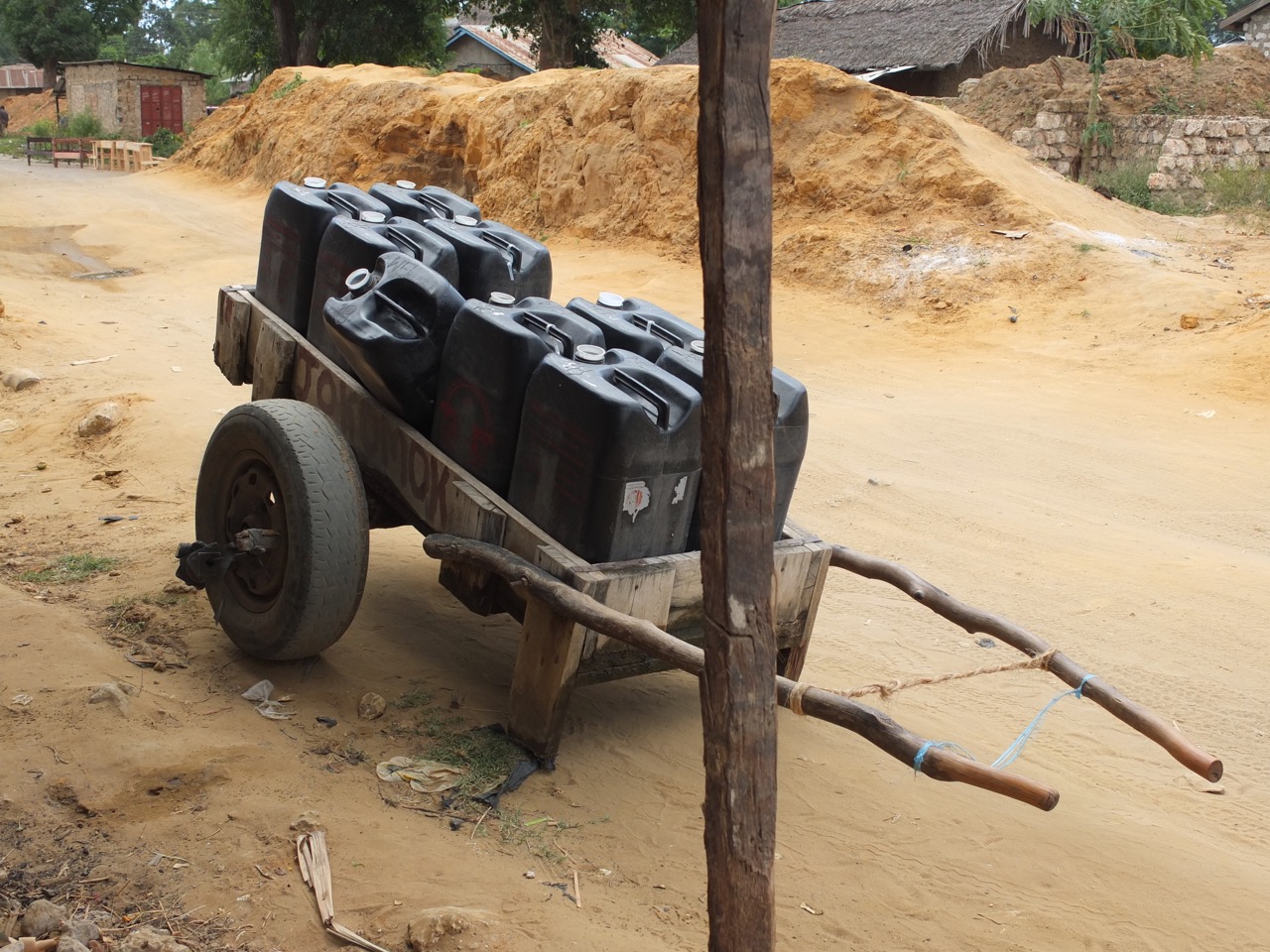In Kenya, plastic bags have long been a big part of everyday life.
Of course larger shops provided plastic shopping bags to their customers but many smaller shops and market sellers also used plastic bags to package their products, anything from grain to take away chips. In addition, a lack of access to adequate sanitation facilities means that the very poorest used plastic bags as a makeshift toilet alternative.
Disposing of Plastic
The plethora of uses for plastic bags combined with a lack of universal waste collection meant that plastic bags were disposed of in the street. Much of the plastic ended up in large makeshift dump sites but not all of it.
On my first trip to Kenya I vividly remember being on the back of a boda boda, winding through the streets which cut between the tightly packed housing. All was going well until we turned a corner into a market street where one of the traders had decided to start a small fire to 'dispose' of some rubbish. As cool as anything, the driver dodged around the mini blaze and carried on but I coughed and spluttered on the back of the bike, having not quite mastered the art of holding my breath as we passed through the thick black smoke being emitted from the burning plastic.
Burning Rubbish
The plastic which does not get burnt in the middle of a market is all too often eaten by livestock which are left to roam the streets and forage for food. A study by the UN Environment Programme found that between 10 and 15 percent of animals coming through an abattoir had plastic in their digestive track and in one case, 2.5kg of plastic was removed from a cow's stomach. When livestock eat plastic it can be very dangerous for their health (as discussed in this Kenyan news paper article) or it could possibly be entering meat destined for human consumption.
Goats grazing in a dump site
In September 2017 the Kenyan government took the bold move to completely ban the use of any plastic bags.
Initially, there was some scepticism that the ban would be enforced as the government has proposed a number of similar bans over the years, all of which failed to work. However, this time the government was serious and proposed a number of very serious punitive measures with fines of up to $38,000 USD or a maximum of 4 years in prison. These measures have effectively stopped all production and import of plastic bag, so whilst there has been some use of existing stocks, bags are drying up.
For some of the families supported by Milele this has presented some challenges. Mama Steven for example has been selling her charcoal in small plastic bags, we initially worried that this would scupper her business but to her credit she found an innovative solution! Mama Steven collected a number of containers which matched her existing plastic bag sizes and she now uses them to measure out charcoal for her customers to take home in their own reusable pot... ingenious.
Charcoal packing
Early evidence seems to be suggesting that the ban is working, people have adapted to the change and the bags which have been littering the environment for years are slowly being cleared away. I believe that that this world leading plastic bag ban is a good thing for Mtwapa and Kenya, humans are resourceful beings and if one option is removed we are very quick to find alternatives.























All about the role of our sponsorship coordinator